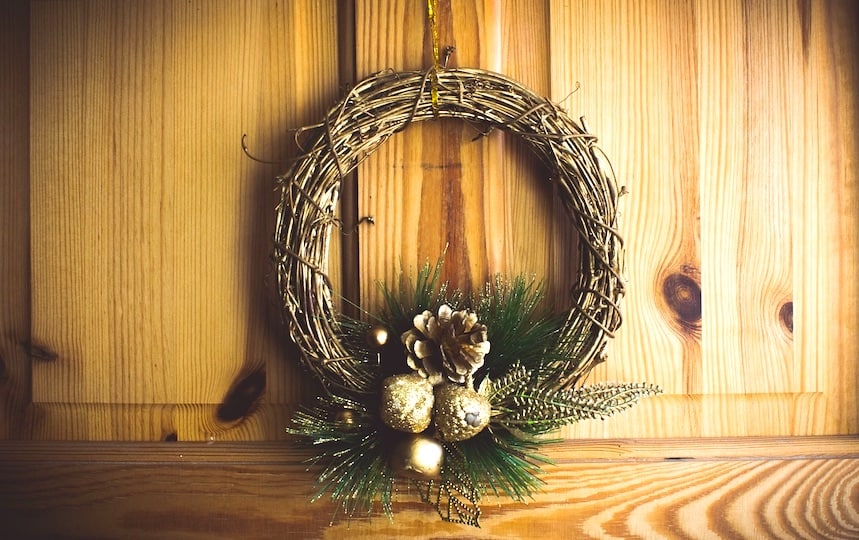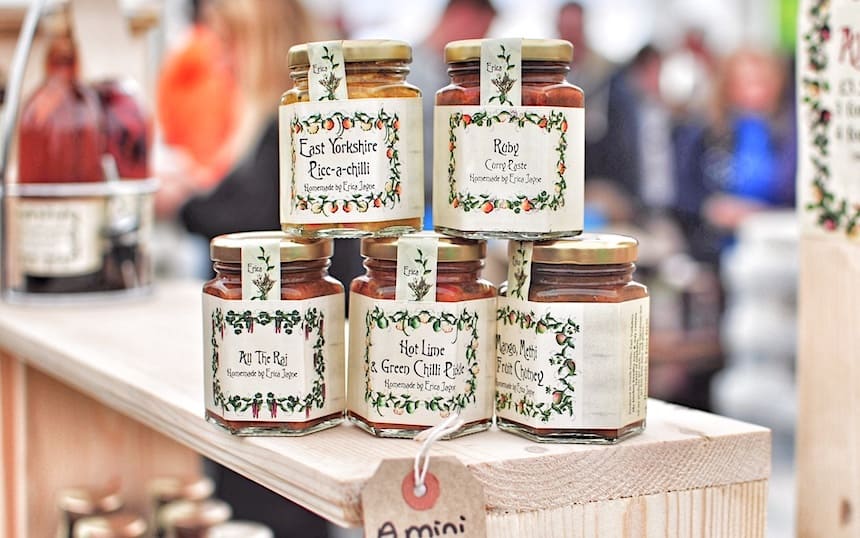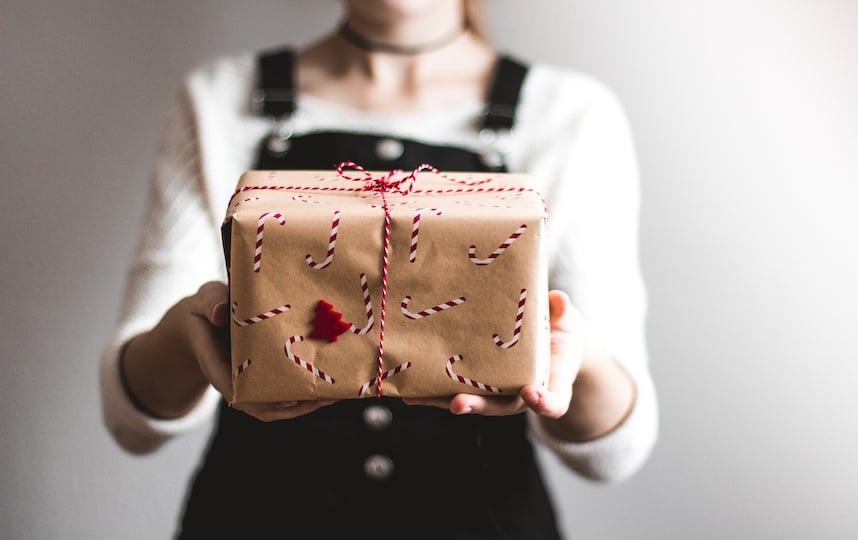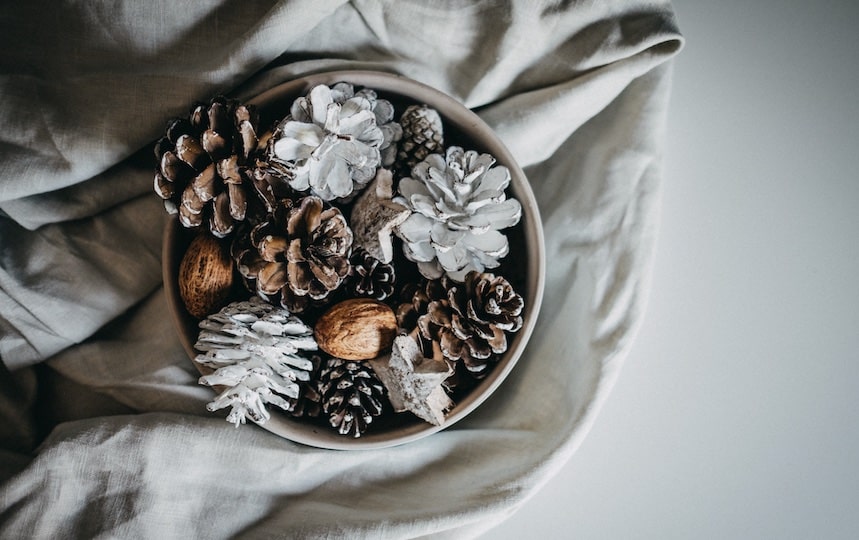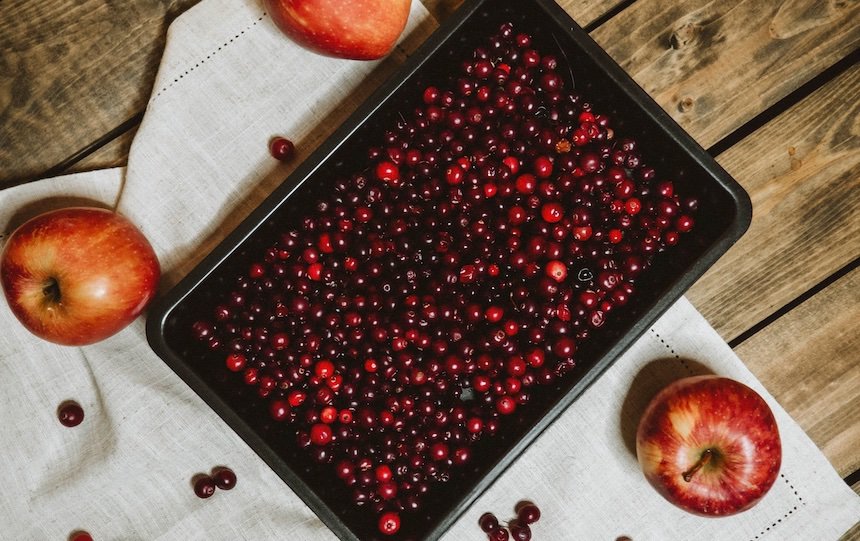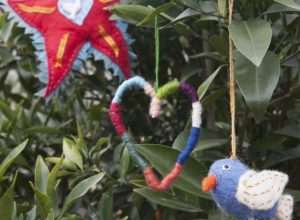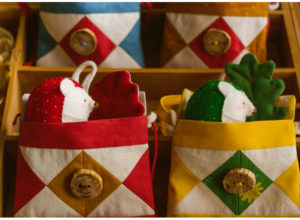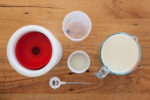From ethical giftgiving to watching your food waste, be kind to the planet this festive season and take these four steps towards a sustainable Christmas.
Christmastime is undoubtedly a joyous occasion, when friends and family gather for great food, good company and a chance to celebrate the end of another year.
Unfortunately, the festive season also ushers in a whole extra level of waste, with estimates that Australian households generate an extra 30% of waste throughout December.
The gifts, the wrapping paper, the tinsel, the uneaten food… For those of us trying to live more sustainably, having a Christmas that doesn’t upend all your good habits may seem impossible.
Thankfully, with a bit of thought and effort it can, in fact, be achievable. Here are four ways you can have a sustainable Christmas.
1. Rethink your gift giving
Let’s tackle the big one first – gifts. This year Australians are set to spend upwards of $54.3 billion of their hard-earned buying, well, stuff, for their loved-ones.
There are some of us who thrive on hunting down the perfect gift for a friend or family member. But for others, the holiday season can mean frantically trying to squeeze in time to shop during an already overloaded end-of-year-schedule, and forking out wads of cash on items that many people don’t really need (or want!).
Last Christmas, Aussies spent an estimated $400 million on 10 million unwanted gifts. In a 2019 survey into which gifts people ranked as the most unwanted, the offending items included novelty gifts, candles, pamper products, pyjamas and slippers, and underwear or socks.
It seems crazy that we’re wasting our time and money – not to mention the planet’s energy and resources – on “gifts” that are in a lot of cases, unwanted.
So this year, why not give some careful thought to your gift giving. You could opt for giving the gift of knowledge such as a permaculture, gardening, fermenting or beekeeping course.
You could purchase an eco-friendly gift from an ethically-minded local business, opt for second-hand gifts or regift an item, buy a pot plant, or have a go at a DIY gift such as homemade preserves or fermented foods.
And of course, you could always opt for a sustainable gift that will help inspire more planet-friendly living – a subscription to Pip Magazine or our Super Sustainable Gift Bundle!
2. Wrap sustainably
So if you do decide to buy a physical gift then what to wrap it in becomes problematic if you’re trying to have a sustainable Christmas.
A 2017 survey from CARE Australia, found Australians use 150,000 kilometres of wrapping paper each Christmas – enough to wrap around the Earth’s equator almost four times!
While some types of wrapping paper can be recycled, those that contain plastic cellophane or glitter can’t be, and many brands of wrapping paper (particularly those manufactured offshore where there are less stringent environmental regulations) contain chemicals such as lead, chlorine and synthetic inks.
Why not wrap your gifts in old newspapers, or learn the art of furoshiki (traditional Japanese wrapping cloth) and use second-hand silk scarves purchased from a charity shop or scraps of fabric you may have lying around, and if you must wrap your gifts in paper of course, use recycled paper.
3. Sustainable Christmas décor
The focal point of your holiday décor is most likely your Christmas tree, but when it comes to choosing the more sustainable option – real tree versus an artificial (read: plastic) tree – which wins out? Unfortunately, neither are especially good for the planet.
The eco-friendly choice would be to use a potted plant, such as an Australian native pine, which can be decorated each year. As for your other Christmas décor, making decorations is a great activity to do with kids, or you could source some beautiful handmade natural decorations, or second-hand decorations from charity shops or online.
You can also make your own festive décor using items like foraged eucalyptus, pinecones and bottle brush to make garlands, herbs like rosemary and basil to make table centrepieces, and cinnamon sticks and twine to create decorations for your tree. You could also have a go at making your own recycled bunting and an Australian native Christmas wreath.
4. Watch your food waste
Food wastage is already a huge issue in Australia, no matter what time of year it is. According to OzHarvest, we bin one in every five shopping bags worth of food – amounting to $3,800 worth of groceries per household each year.
Throughout the festive season, Aussies spend an extra $554 million on food, with a third of it going to waste.
Here are some tips to help you cut back on your food waste during the holiday season:
- Grow your own food – plan in advance what food you would like to eat on Christmas Day and plant it out beforehand;
- Make your own preserves and condiments;
- Plan out your meals carefully to help minimise waste and write (and stick to!) a shopping list;
- Check your fridge and cupboards before heading to the shops (you may have condiments hiding at the back of the pantry you could use, or vegies in the fridge still fresh enough to be served on Christmas Day);
- Avoid over-catering;
- Send guests home with a plate of leftovers;
- Store leftovers correctly and freeze any excess food to be consumed another day;
- Or you could even throw a Boxing Day “leftovers party” for friends and serve whatever food was untouched on Christmas Day;
- Compost your food scraps.
- Buy directly from a farmer’s market as this will mean less packaging waste;
- And remember to support your local farmers and those farmers practicing organic and regenerative practices.

